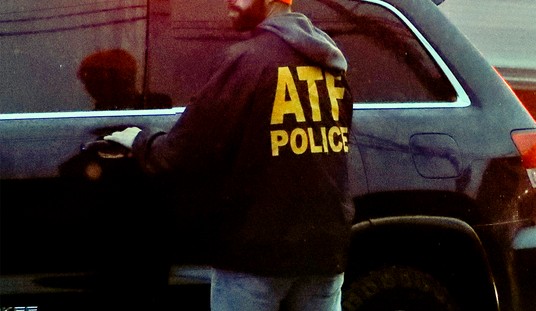The past couple of years have been rough ones for many professions, and that includes emergency medical service providers. Not only have they been dealing with increased call volumes and a lack of staffing, in many cities across the country they’re becoming increasingly subjected to attacks and physical assaults while they’re on the job.
Nationwide statistics are hard to come by, but we can at least take a look at what’s happening in the Twin Cities area, where the Hennepin County Association of Paramedics and EMTS recently conducted a survey of its members that produced some eye-popping data. The sample size is small at only 160 people, but the vast majority of those who responded say they’ve actually been physically assaulted by a patient or bystander by providing care.
With figures like these, I think it’s fair to ask whether or not EMS workers should be carrying on the job for their own safety.
Of those surveyed, 87% reported being affected by gun violence in their daily operations. 78% had been physically assaulted by a patient or bystander. Nine out of 10 paramedics and dispatchers believe the job has become more dangerous since their employment started.
Last week, Shane Hallow, paramedic union president, sent the data in a letter to Hennepin County commissioners and Hennepin Healthcare leadership, saying staff is not receiving adequate support for what’s become a daily occurrence of violence.
“I am writing this letter on behalf of the paramedics and dispatchers, who provide 911 services at Hennepin EMS, with a plea for help,” wrote Hallow. The first responders are assaulted and injured on a daily basis. The conditions are driving some to leave the job.
“The only thing that has spared the life of our members and our union partners members is luck.”
…
The EMS union survey found that a significant number — about 20% — of those who’d been assaulted had never filed a police report. This, in large part, is because people don’t believe doing so will lead to criminal charges, Hallow said. Stalmakov said this was the outcome when he reported the bottle incident and the shots fired at his ambulance this summer, even though the latter took place across from the First Precinct headquarters.
Many paramedics don’t even report the assaults internally to Hennepin Healthcare because of a cumbersome process that makes them stay up to an hour later to fill out paperwork, Hallow said. “Most people, after working a long shift doing call after call after call, just want to go home.”
Obviously this isn’t a problem that concealed carry alone will solve. But in the face of government inaction (or worse, taking the wrong course of action) in addressing crime, mental health, poverty, drugs, gangs, and the like, shouldn’t those who are at risk of being harmed while trying to help others at least be able to protect themselves?
A number of states around the country have passed laws specifically allowing EMTs and paramedics to carry a concealed firearm while on the job, and while it’s rare that EMS workers have had to pull the trigger, it’s not unheard of. Even progressive outposts like Portland are recognizing the threat to workers, though in Multonomah County the focus has been on unarmed self-defense (naturally).
Three years ago, KOIN 6 News first exposed how AMR was documenting an increase of assaults to emergency responders in the last few years. That led AMR to start training their paramedics in self-defense.
“We didn’t get into this profession for people to take out their aggression on us. We got in this industry to help people in crisis,” EMS training officer Tim Case said at that time. “To go from the helpers to then being the ones needing the help, it’s disheartening for sure.”
At the time, paramedics were being attacked with pipes, stabbed with knivesand pepper sprayed.
“Those are the most obvious, glaring cases,” Case said,” that really shine a light on why there’s a need for this.”
Now in 2022 the attacks are escalating. Workers said one factor for the increase of assaults is their increased contact with people in mental health crises. For instance, AMR paramedics now transport mental health patients — both those going voluntarily into treatment and involuntarily under a police hold.
The idea for this change, which began in 2016, is that it would be less traumatic for a person in a mental health crisis to be transported by paramedics than by police. Multnomah County officials told KOIN 6 they “believe that transport of people on these holds is best served by being a component of the medical system, rather than the criminal justice system.”
While it may be less traumatic for the person being taken in for a mental evaluation, it also puts the emergency medical workers at risk. Sometimes the policy even leads to absurd situations, like an incident in Multnomah County earlier this year when a man drove his SUV into the side of an ambulance and told responding officers that he wanted to “kill the paramedics.” It was paramedics, not police, who ultimately had to take the man to a local hospital for a mental health evaluation after officers on the scene ordered a mental health hold.
The laws on EMS workers carrying on the job vary from state to state, and in many cases may be left entirely up to the government entity or private company that runs the EMS service. I’m sure there are plenty of EMTs and paramedics who choose not to carry even if they can do so, but at least they have the option; something that should be available to every first responder, in my opinion. Clearly they’re not immune from violence, so why on earth shouldn’t they have the means to protect themselves if their own life is threatened while they’re trying to save someone else?









